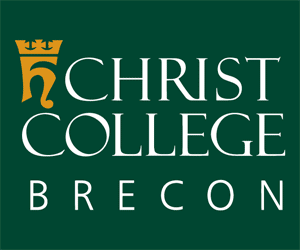ADD and ADHD - What You Need To Know
ADD and ADHD are often mentioned these days, but what are the conditions? What is the difference between them, and what do you need to know as a parent of a child who has or may have one of these?
Since 1994 all forms of attention deficit disorder have been referred to "attention deficit/hyperactivity disorder” even if the person being diagnosed as such was not actually hyperactive. Instead, ADHD has been split into three types - inattentive type (previously called ADD), hyperactive/impulsive type or combined type.
ADHD is a brain disorder that can interfere with a person’s ability to pay attention and control their behaviour. They may also be hyperactive.
The Signs And Symptoms Of ADHD Are Split Into Three Categories:
- Inattention - this includes being disorganised, experiencing difficulty staying on task, daydreaming, and seeming not to pay attention when being spoken to.
- Impulsivity - making spur-of-the-moment decisions without considering consequences, regularly interrupting others.
- Hyperactivity - this involves fidgeting, tapping, and constant movement as well as talking.
Supporting Children With ADHD
It can be difficult to recognise the symptoms of ADHD in young children as it is hard to tell whether a child is just a normally active toddler with challenging behaviour, or whether these are genuine symptoms of ADHD. As a child gets older it may be easier to identify ADHD symptoms.
There Are Several Simple Things That Can Be Done To Support A Child With ADHD:
- Avoid giving multiple instructions to the child; instructions should be given whilst maintaining eye contact, and broken down into smaller chunks that will be easier to remember.
- Plan in advance so that the child knows what to expect as much as possible. This my involve regular discussions where plans for the next few days or weeks are laid out.
- Help with everyday organisation of tasks and school work where possible
- Stick with a regular bedtime routine with good sleep hygiene
- Watch for warning signs of a meltdown, and learn ways to calm down together, for example with deep breaths, walking away from a situation when possible etc
- Aim for consistency, predictability and reliability as much as possible
- Where a child experiences hyperactivity, regular exercise breaks where they can burn off excess energy and frustration
Can Children With ADHD Attend Mainstream Schools?
Children with ADHD are usually of average, or even higher intelligence. However, because they find it hard to concentrate they may not fulfill their potential in education. This is why it is important for parents and schools to work together to support a child with ADHD and to put strategies in place to ensure the child is able to reach their potential.
With support mechanisms in place they can do well in mainstream school. In fact, in any class of 30 children it is likely there will be one or two pupils with ADHD.






